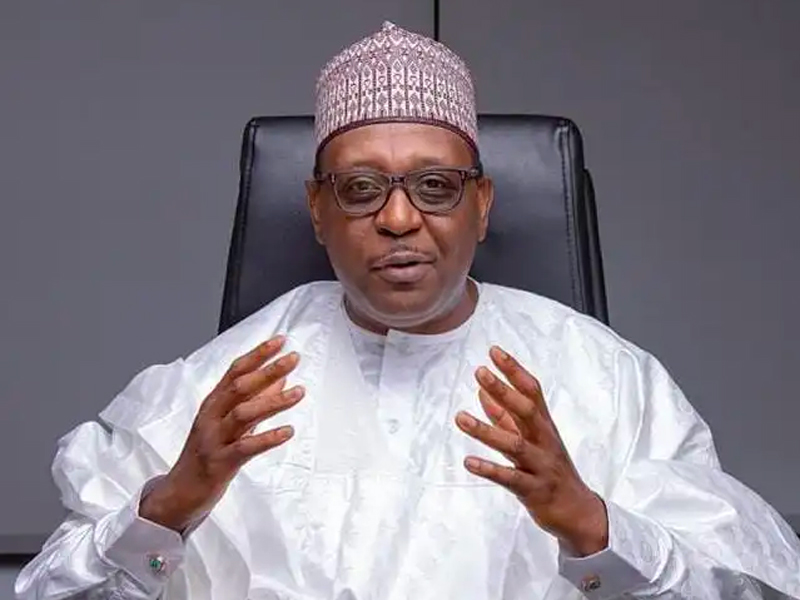In a bid to prevent disruptions and strengthen Nigeria’s healthcare system, federal authorities have intensified dialogue with health sector unions following recent reforms aimed at improving worker welfare and service quality. The Coordinating Minister of Health and Social Welfare, Muhammad Pate, revealed in a Saturday statement that the government’s reconciliation efforts prioritize collaboration with unions to sustain industrial peace. The discussions, described as “the first of their kind,” signal President Bola Tinubu’s commitment to addressing long-standing concerns in a sector critical to the administration’s “Renewed Hope Agenda.”
Pate highlighted progress in infrastructure upgrades, medical equipment procurement, and welfare investments, crediting these reforms with attracting patients from West Africa, Europe, and the Americas to Nigerian hospitals. He emphasized the urgency of implementing newly negotiated agreements to avoid service interruptions, noting that sustained improvements hinge on timely action. To oversee these commitments, an inter-ministerial committee has been established, led by Minister of State for Health Iziaq Salako. The panel includes representatives from finance, labor, civil service, and budget offices, ensuring cross-sector coordination.
Tanko Sununu, Minister of State for Humanitarian Affairs, underscored the need for consistent enforcement of terms agreed upon with unions, urging “continuous dialogue” to resolve disputes proactively. His remarks align with broader calls to stabilize a healthcare workforce historically strained by disputes over pay, working conditions, and resource gaps.
While officials touted advancements such as reduced medical tourism abroad—a priority for the Tinubu administration—analysts note that tangible outcomes will depend on translating pledges into action. The creation of a dedicated oversight body reflects awareness of past implementation challenges, though unions may remain cautious until measurable changes materialize.
The government’s outreach comes amid rising regional demand for Nigeria’s healthcare services, attributed to upgraded facilities and specialized training programs. Pate framed this shift as evidence of reforms gaining traction, though emphasized that retaining and motivating staff remains pivotal to long-term success. With health workers’ unions yet to issue fresh statements, the coming weeks will test whether renewed negotiations can forestall strikes and cement Nigeria’s ambitions as a regional medical hub.
